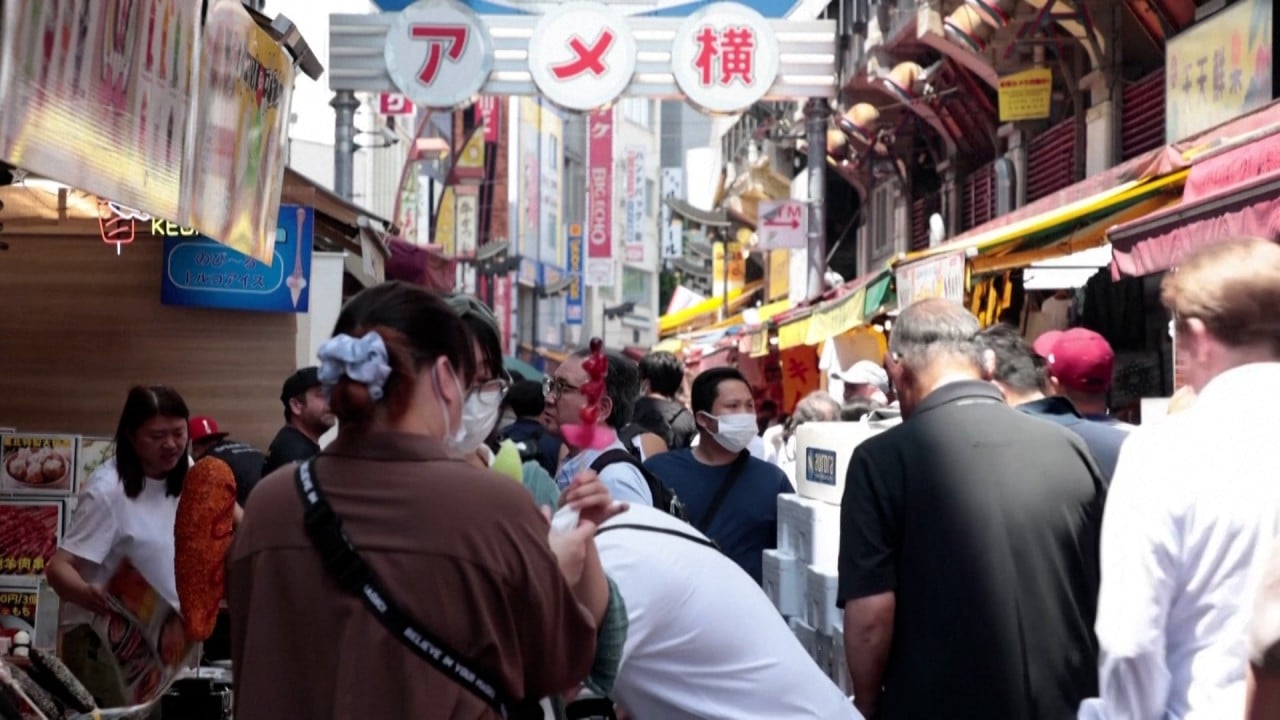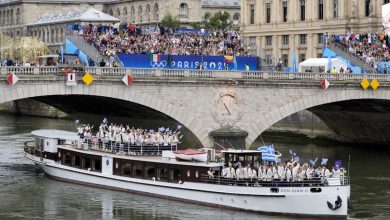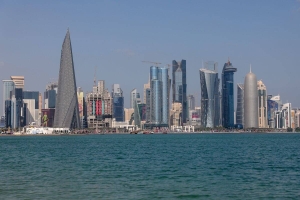Scandal over Japan’s ‘secret funds’ for Olympics deals fresh blow to unpopular Kishida
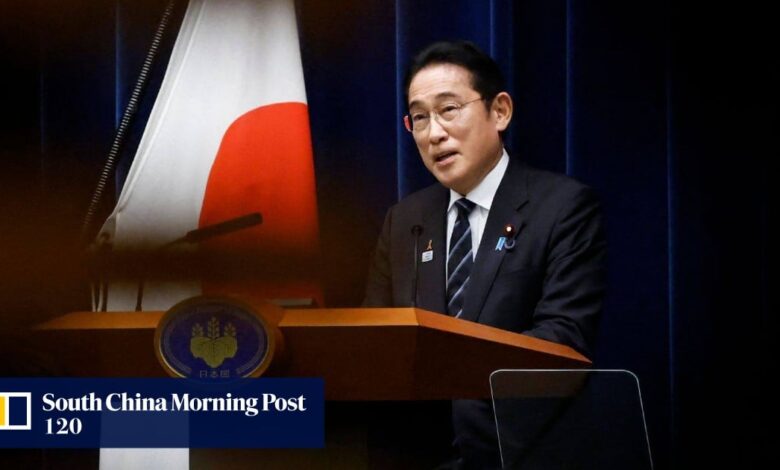
[ad_1]
With his support levels already slipping over a raft of other challenges, the renewed attack on the government’s handling of the Games is the last thing Kishida needs, analysts say.
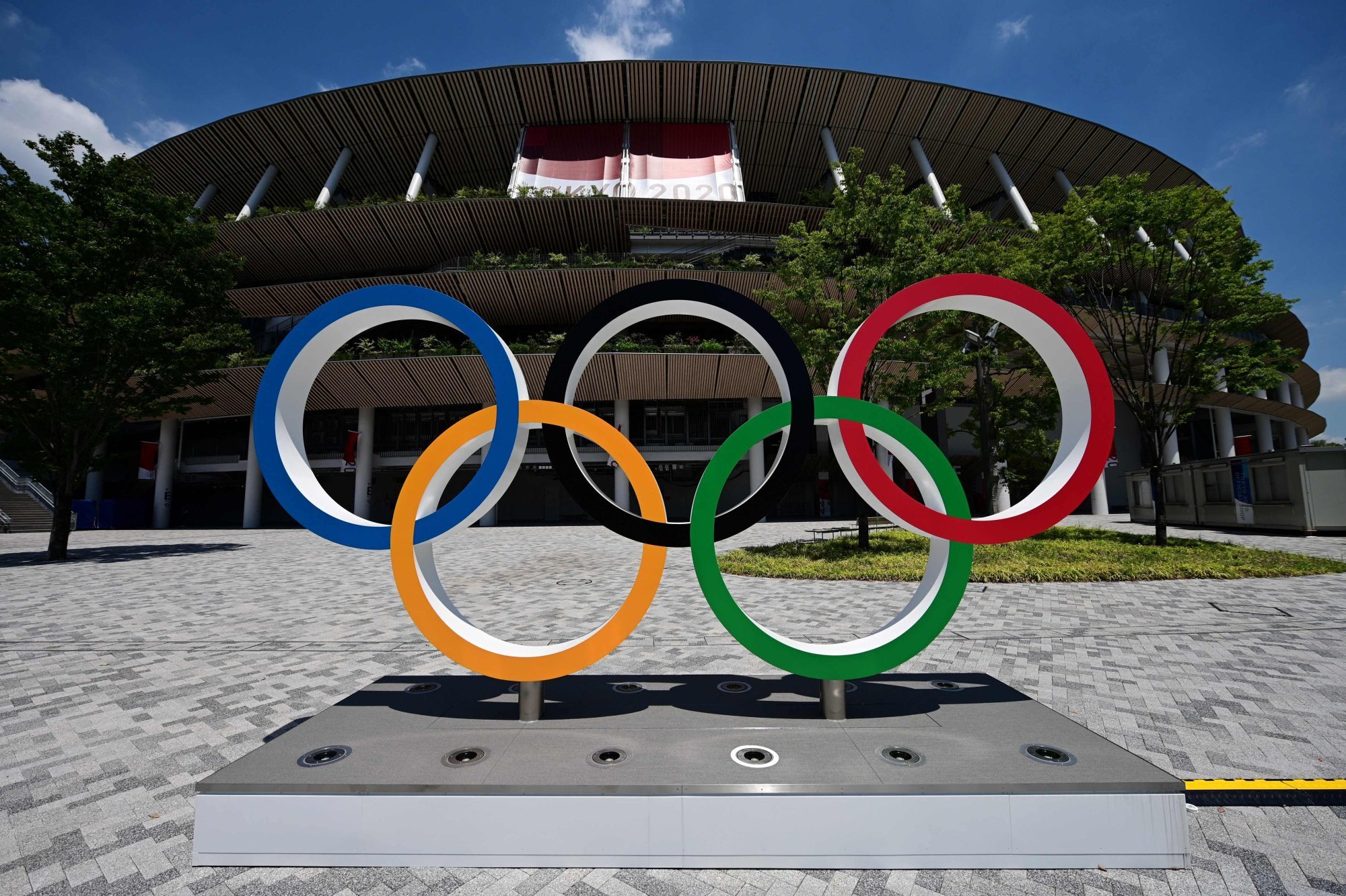
The controversy emerged on November 17, when Hiroshi Hase, a former member of the ruling Liberal Democratic Party who is now governor of Ishikawa prefecture, said in a speech he provided “gifts” to IOC members amid their deliberations over the 2020 host city.
Tokyo was up against Istanbul and Madrid when the vote was held in Rio de Janeiro in September 2013. Hase, who was head of the Tokyo bid committee, said he was given access at the time to discretionary funds – known as “secret funds” – held by the Cabinet Secretariat.
Hase, a former national wrestler, said he arranged for the creation of photo albums detailing the sporting and political careers of around 100 IOC members and “travelled around the world” to deliver the gifts. Each album cost an estimated 200,000 yen (US$1,350), he said.
Japan’s Kishida suffers fresh setback as ruling party loses special election
Japan’s Kishida suffers fresh setback as ruling party loses special election
The existence of the Cabinet Secretariat’s discretionary slush fund is well known, although the size of the fund is not and information on how it is used is very unusual. Nevertheless, if gifts were provided to the IOC members, it would be a violation of the organisation’s code of ethics.
Just days after his speech, Hase issued a statement about his comments: “They were inappropriate and could cause misunderstanding, so I completely retract them.”
In the Diet, the opposition demanded Kishida carry out an investigation into Hase’s comments.
“I would like to think about concrete responses after carefully considering the circumstances surrounding the retraction,” Kishida said.
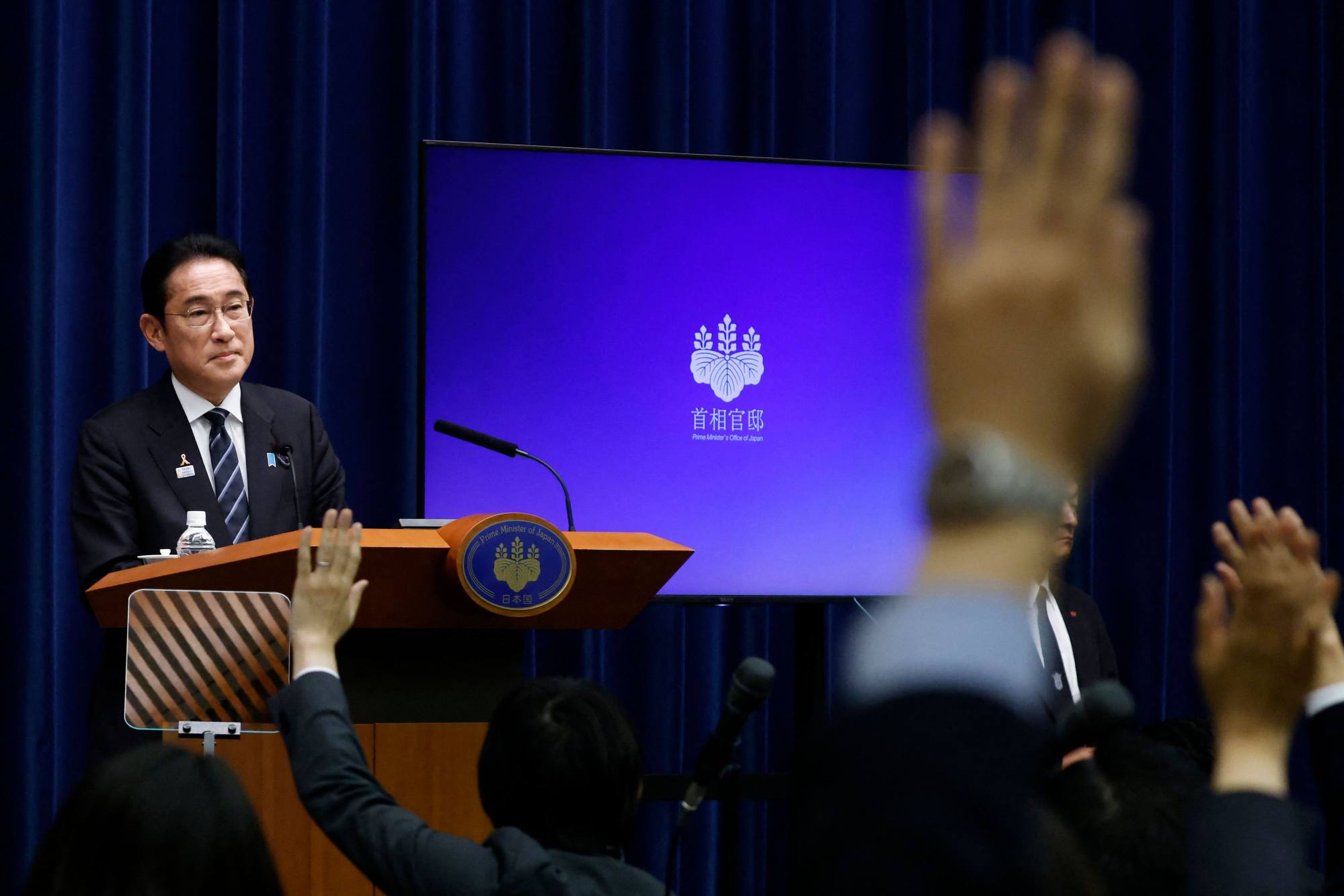
Chief Cabinet Secretary Hirokazu Matsuno attempted to stifle the issue, saying, to “maintain national secrecy, the funds are being used as expenses for which it is inappropriate to reveal their use”.
There have been expressions of anger in online media coverage. A comment on a Sankei Shimbun report published Wednesday on the matter stated: “A cabinet that cannot clarify how tax money is being used is over. This is a cabinet that cannot be trusted at all. We don’t need a cabinet that cannot understand the changing times or this society.”
Another added in an online comment: “Members of the Diet can take tax money and spend it as they please. The people just have their taxes taken away from them. This is the result of a system made up of hereditary politicians who have no idea of people’s hardships. This is pitiful.
Yae Oon, a homemaker from Greater Tokyo, said she was angry but unsurprised at the latest revelations.
“Right from the beginning, there were questions about money, how much everything was going to cost, and where it was all going to come from, but the organisers kept saying that they would no go over budget and that it was all going smoothly,” she told This Week in Asia.
“It was not until it was much too late that we were told that the original budget was much too small and that taxpayers were going to have to help cover the costs,” she said.
“And even after the Games, we find out that bids for athletes’ clothing, advertising, construction and other things were ‘arranged’ and organisers were accepting bribes,” she said. “I’m not surprised at this, and I will not be surprised if something else comes out.”
Others, however, appear to be trying to put the entire costly saga behind them.
Jun Oenoki, an academic who was one of the leading campaigners against Tokyo hosting the Games even before the decision was made in 2013, agreed that the latest allegations were “not surprising” and that that amount spent on the photo albums was “a lot of money”, but concluded: “What can be done?”
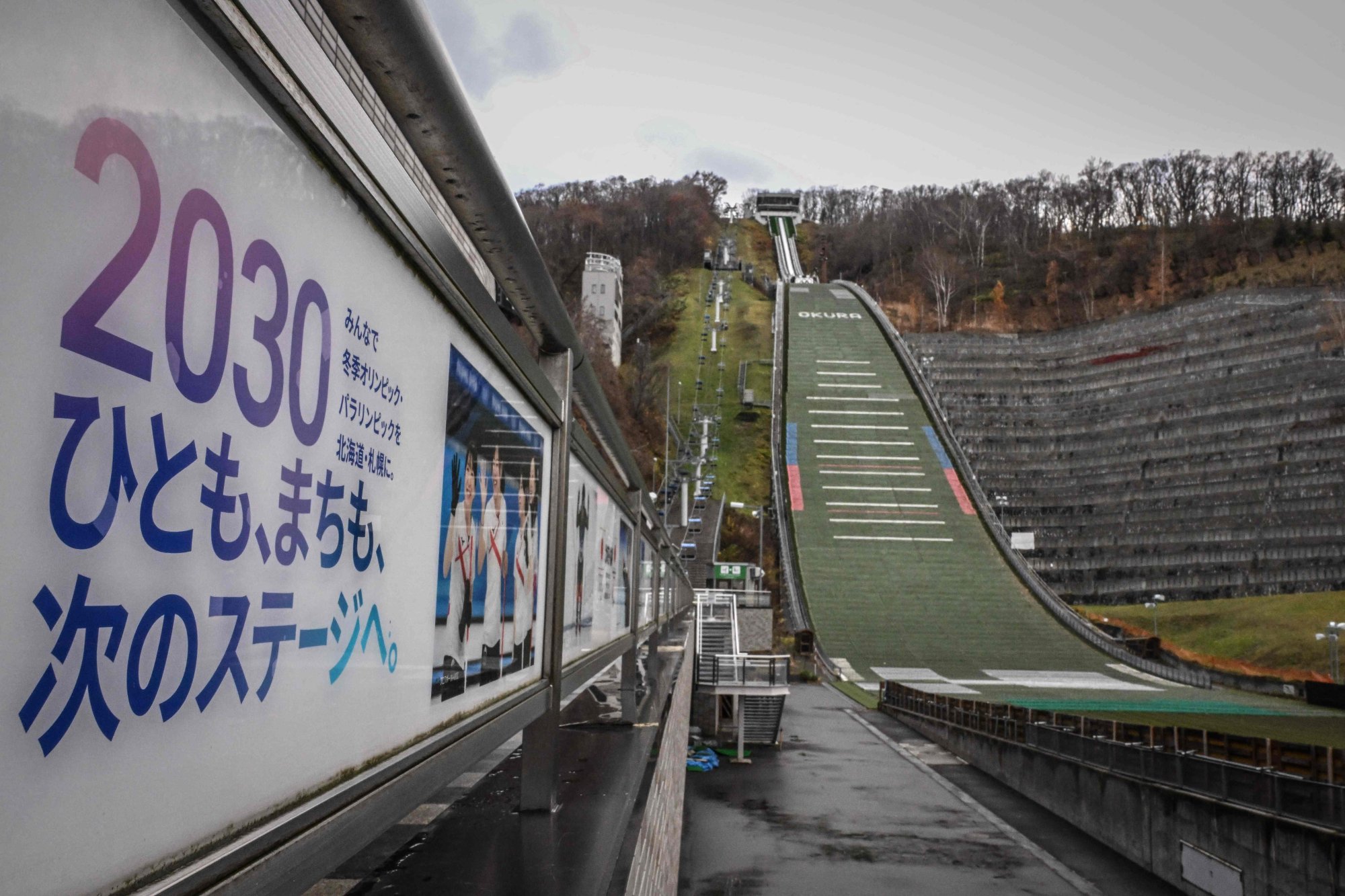
Arguably the biggest loser will be Kishida, which could be considered unfortunate, given he had no hand in the matter.
“He has deniability because this all happened before he became prime minister, but it is still likely to hurt him politically at a time when he can ill afford it,” said Hiromi Murakami, a professor of political science at the Tokyo campus of Temple University.
“This will also inevitably affect Sapporo’s bid to host the Winter Olympics in the future,” she added.
Sapporo, the largest city on Hokkaido, in mid-October announced it was withdrawing its bid to stage the 2030 Winter Games. City officials indicated they hoped to bid for the event in either 2034 or 2038, although fading public faith in the process, and the way taxpayers’ money is spent, is likely to seriously undermine support for a future bid.
[ad_2]
Source link


